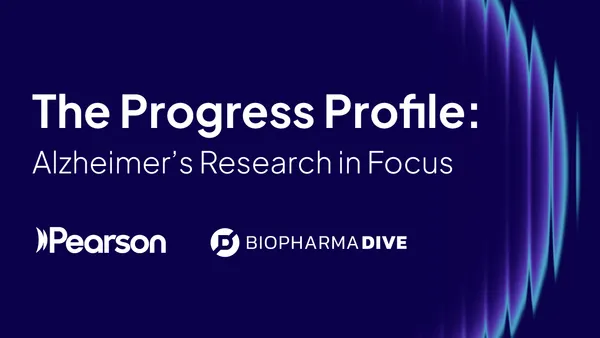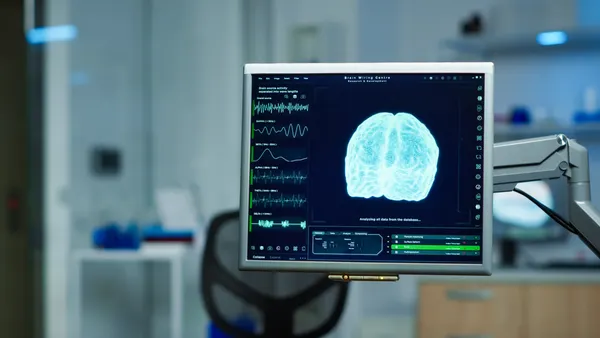It is evident that costs and excessive risk are holding back drug development. The total sponsor cost per new drug compound approved in the U.S. now exceeds $2.5 billion, including nearly $1.5 billion for clinical development – a significant 145% jump in just 15 years, according to the Tufts Center for Drug Development1. However, only 7% of first-in-human drugs gained FDA approval in the same period.
This inefficiency largely results from an antiquated drug development system. The traditional manual model of three discrete, fixed trial phases lacks the flexibility, analytical power and efficiency required to develop complex new therapies targeting the smaller and often heterogeneous patient populations increasingly seen today2.
Driving change with big data
ICON is addressing this need through our Transforming Trials initiative. Big data insights play a major role. By combining cutting edge genomic, proteomic, pharmacokinetic and pharmacodynamics research with real-world patient data from electronic medical records (EMR), we’re seeing major improvements in development efficiency.
Some savings stem from addressing known trial risks. For example, developing study protocols with patient inclusion criteria that are shaped by actual patient data, automatically harvested from EMRs, reduces the risk of launching a study with unrealistic patient recruitment potential. Access to de-identified live patient data also reduces recruitment costs by knowing how many patients match a trial protocol and where they are located. Automated site monitoring greatly reduces site management costs while ensuring that data is properly collected and validated – reducing the risk and cost of patients lost to protocol deviations.
Additional gains can be made by eliminating unnecessary costs. Data links enable data collection directly from patients at home. This not only reduces the number of costly interim office visits required for a trial, it can also yield valuable insights into how patients respond to therapy 24/7 in the real world. EMR data allow automated post-market surveillance in Phase IV trials that can vastly expand study populations while actually lowering costs.
Harnessing adaptive design
Even greater value may be gained from data-driven insights that improve drug effectiveness. Big data helps find specific genetic and proteomic markers associated with disease subtypes that can be modelled and specifically targeted with new drugs. It also helps find the patients most likely to benefit.
Rapid data collection and processing make possible mid-trial insights that support planned adaptive trial changes. These might include honing in on the most effective dose, or enriching a later phase sample with patients who are more likely to respond, or increasing or decreasing sample size to accommodate a drug that has a larger or smaller therapeutic effect than predicted.
Adaptive approaches also are more efficient and are encouraged by regulatory agencies in Europe and the U.S. In a single two-year combined Phase II/III trial, adaptive trials can often deliver information that might require three or more consecutive conventional trials over three or more years. These seamless trials reduce the total sample size needed by using the same patients in more than one stage. We estimate that optimal use of adaptive trials across a portfolio could reduce trial costs by 25%.
Radical patient focus
Improving patients’ lives is the ultimate goal of clinical trials. Insight from real-world data supports everything from defining outcomes that matter most to patients, to offering trials to patients identified through EMR in their physicians’ office, to minimising control arms using advanced statistical methods and providing study results as soon as they are available.
All of these innovations are already in use sporadically, and their individual potential proven. When implemented fully in a systematic way, we believe they could significantly cut clinical trial costs and reduce time to market by months, if not years.
Expertise in each area as well as excellent change management skills are required to fully implement this reimagined clinical trial process. What will make it all worthwhile will be the accelerated delivery of more new drugs to market, saving and improving more patient lives.
1 DiMasi et al, Tufts Center for the Study of Drug Development, 2014.
2 Jones DS et al. The Burden of Disease and the Changing Task of Medicine. N Engl J Med 2012;366:2333-2338 June 21 2012, DOI: 10.1056/NEJMp1113569








